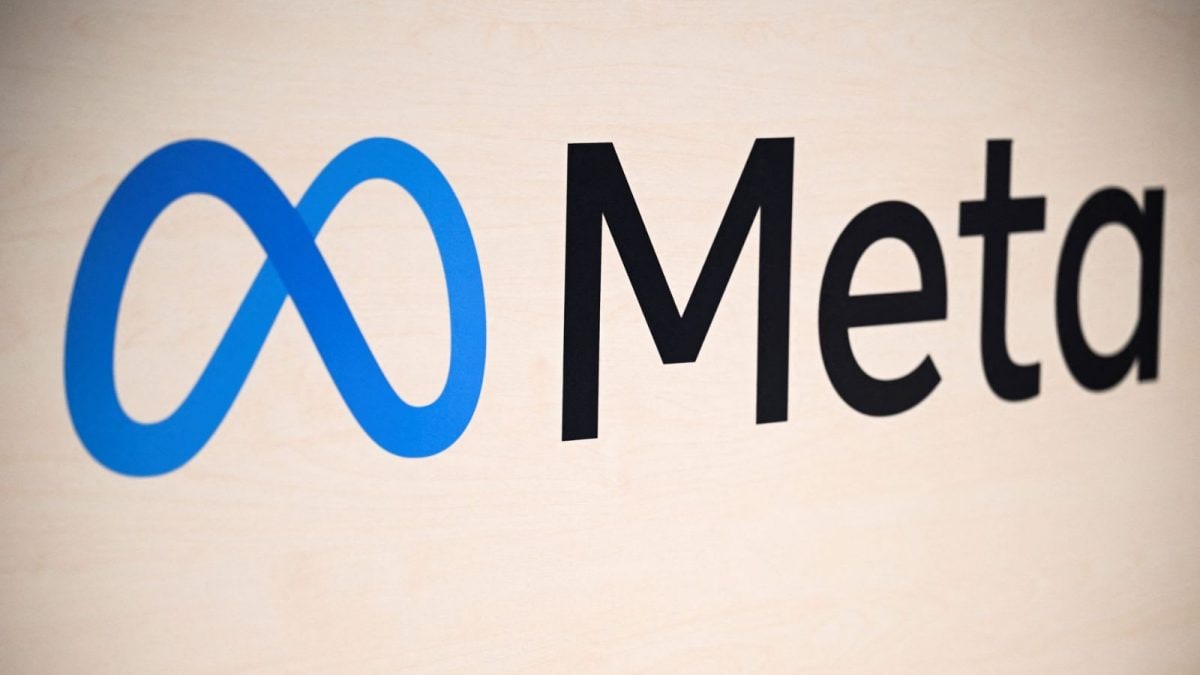
Meta Employee Says He Was Fired A Day Before Bonus Payout For 'Sharing' Internal Info With Wife
- 18.03.2025 05:31
- news18.com
- Keywords: AI, Startup
A former Meta employee, Riley Berton, claims he was fired for sharing internal company information with his wife. Despite the info being already public, Berton insists he wasn't the source of the leak and was terminated just before receiving a bonus. He questions the fairness of the decision, as the info had been widely shared.